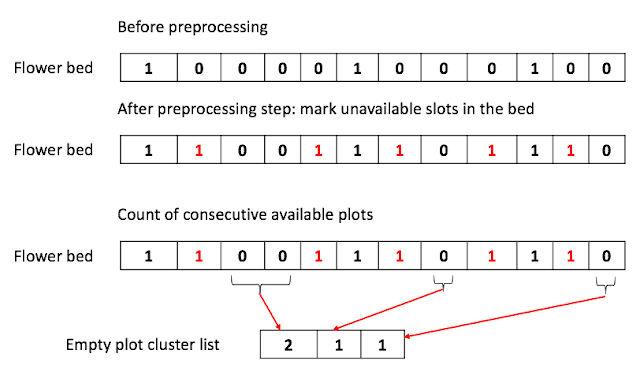Anagram Problem - Grouping all anagrams [reviewed]
Question
Given a list of strings, return a list of lists of strings that groups all anagrams.
Ex. given {trees, bike, cars, steer, arcs}
return {{cars, arcs}, {bike}, {tree, steer}}
m = # of words
n = length of longest word
Anagrams are the works with same set of letters but in different orders. This means if we can sort individual words, we can easily find out whether two words are the same.
Anagrams are the works with same set of letters but in different orders. This means if we can sort individual words, we can easily find out whether two words are the same.
3:43 min : to think up the solution. But misunderstood the problems
13:58 min: to code up the solution based on misunderstanding.
21 secs: to found out the problem during the verification and fix it up.
First, I overlooked the problem misled by the keyword, anagram. This should not happen.
Secondly, did not know C++ solution for string sorting, which I know now. std::sort(begin(), end());
End of the code.
UPDATE(2019-07-31): solved the question again in python. Got the code right but did not know how to short chars in the string with python. Had to get an help from ipython console.
-
Practice statistic
09:57: to think of algorithm and write up the code
04:40: to fix the sorting logic.

Comments
Post a Comment